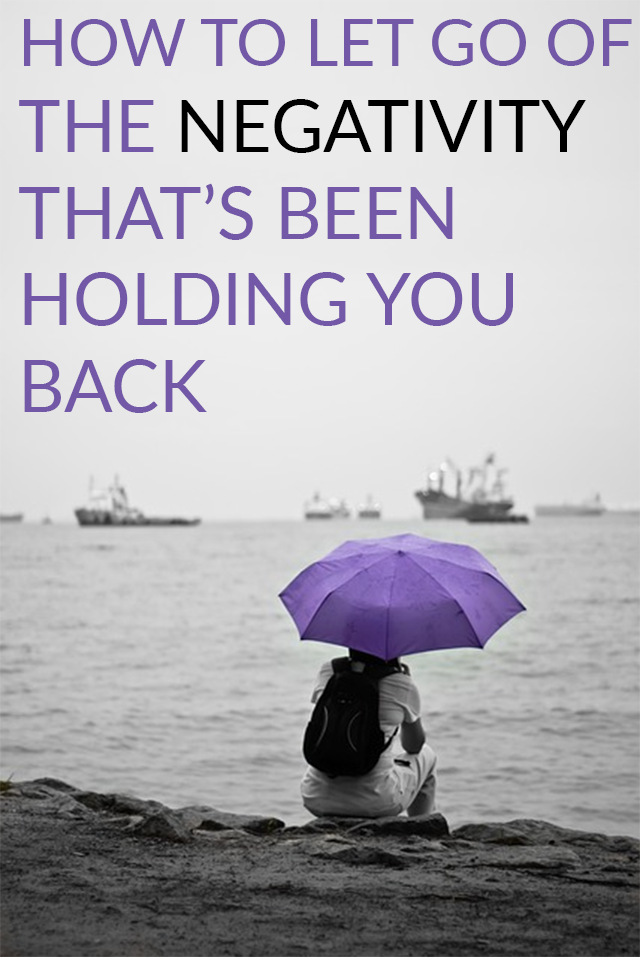
After one of life’s rough patches, it’s easy to view that time as fully, utterly, entirely bad. So many negative emotions, so many hurt feelings, so many bad memories – how on earth are we supposed to see that time of life any differently? And, really, is there even a reason to change?
After a couple – um – rough years, I found myself looking back with a whole lot of bitterness. In many ways, I began to block out the details of those two years in an attempt to block out the pain that flooded my mind when I recalled certain situations.
In a way, this did save me from dwelling on the past. In another way, it made it impossible to see the past two years as anything but negative. Ignoring details meant I was also ignoring the redeeming memories. I wasn’t digging up old bones or still getting angry over specific days or conversations – ultimately a good thing – but in doing so, I allowed a cloud of negativity to cover the entire two years as a whole – not a good thing.
I knew this had to change; I had to shift my mindset if I wanted to be able to move past those two years, to be forgiving, to get a better understanding of what happened. I’ll be honest, as I write this, I still haven’t completely let go. Not even close. However, I have realized, bit by bit, how important this process is.
1. It promotes healing.
In order to let go, I have to face those details I’ve been suppressing. I have to let myself see what really happened, remember those moments that caused so much hurt, in order to let those emotions fade. Ignoring those times only bottles up whatever feelings I had at the time.
2. It makes room for forgiveness.
We all get hurt by people, even those closest to us. But, it’s too easy to forget that we hurt others, too, even those we love the most. In heated moments, I find myself tempted to think I’m always in the right. Looking back, realizing and accepting I made mistakes makes it easier for me to forgive the mistakes of others. We are all fallible.
3. It gives perspective.
Perspective is huge. I realize it’s become a common theme in my writing. With time, I’ve been able to look back and see certain events in a different light. I see where I went wrong – something I wasn’t able to see at the time. I also see, more clearly, the perspective of the other parties involved.
While I felt so strongly the pain that others’ actions caused, I didn’t feel the pain my own actions caused. And, though I’ll never truly feel the pain of others, I can learn to see where it originates.
4. It allows room for change.
As I’ve begun to mull over the specifics of the past two years, I’ve realized much of my hurt was justified. Just because we are healed by time, doesn’t mean we weren’t justified in what we felt in the past. However, I’ve also realized that the difficulties of the past two years blinded me from the good times I did have. And oh, did I have some good times!
Negativity is a deep, thick, swirling cloud of yuck. It grows slowly, in moments and brief conversations. Eventually, it takes over an entire year, two years… a lifetime if we let it. Breaking through that cloud to find the bits and pieces of goodness is essential if we don’t want to end up bitter old maids with lots of cats. (Unless you like cats, of course.)
Having a healthy mindset in general relies heavily on the way we view the past, the grudges we choose to hold and the hate and burdens we carry. But – it is in our power to let those things go. It is in our power to change our negative thinking to positive thinking. It’s our choice.
[Tweet “It is in our power to change our negative thinking to positive thinking. It’s our choice.”]
